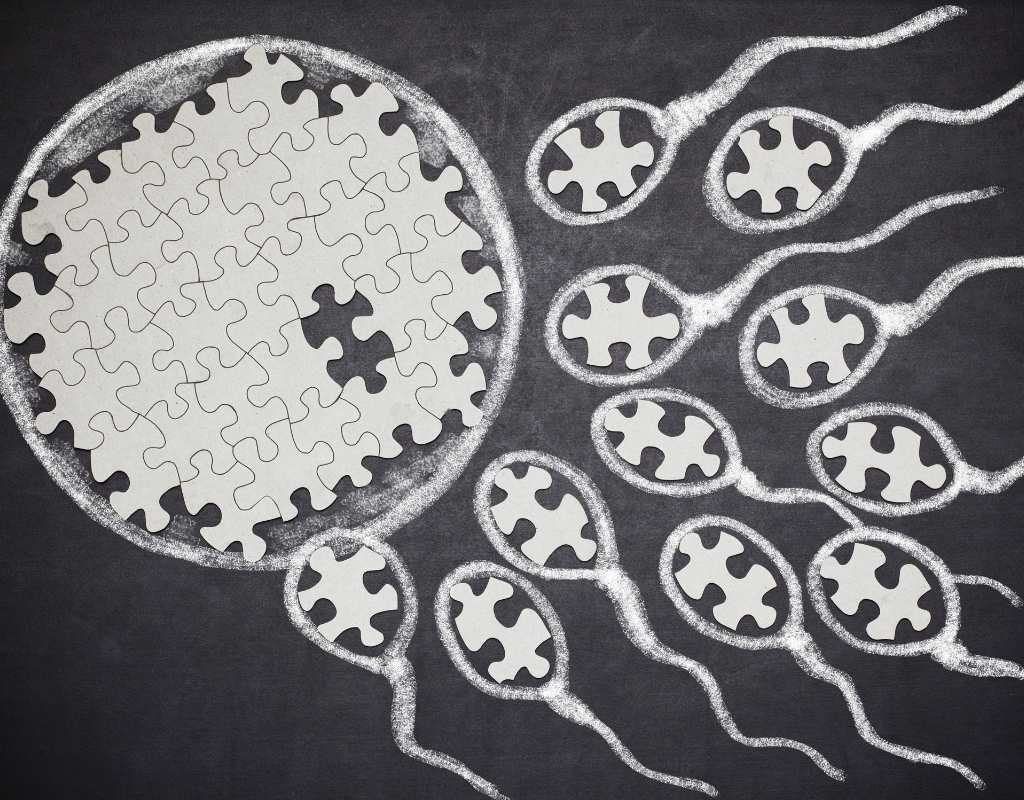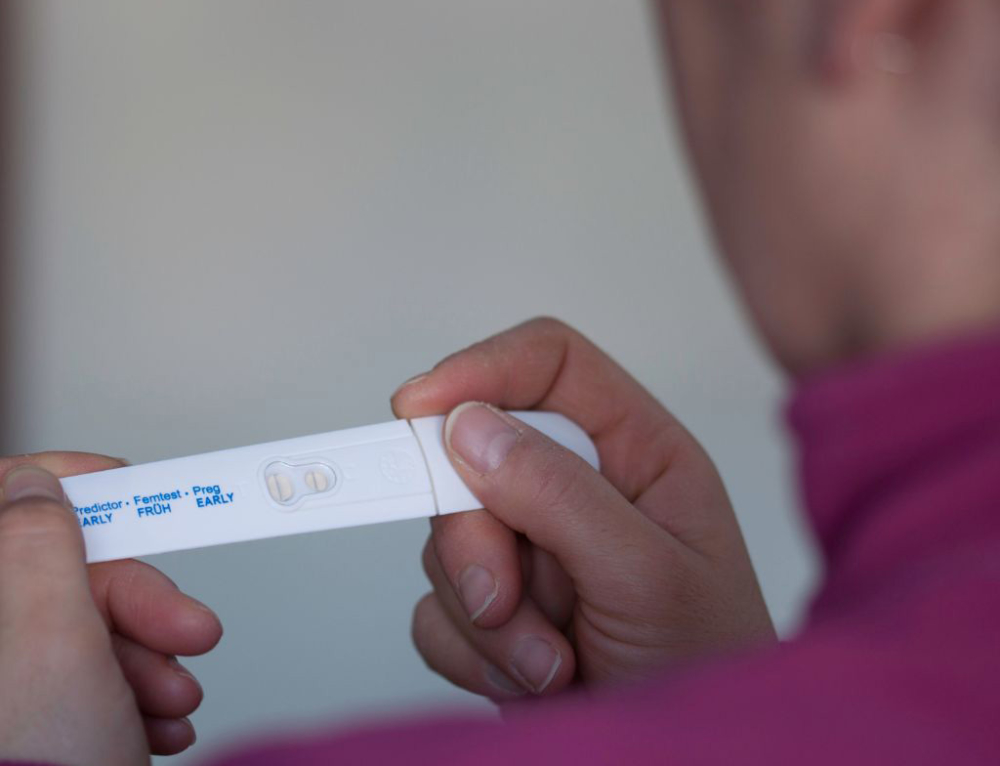When you’ve made the decision to start or add to your family it can be frustrating to find that conception can be a tricky thing to navigate.
If you find that conception is taking longer than you had hoped, you may be wondering if you should speak to a health professional about fertility.
What affects the chances of conceiving?
The odds of successful conception depend upon a few factors. Of course, it takes two to make a baby and either or both partners may have fertility factors that play a part.
Understanding your partner’s fertility cycle can be highly beneficial in improving your chances of conception. Also, the amount of sex that you have matters. Most couples who have been having regular unprotected sex (every 2 or 3 days) will fall pregnant within a year.1 A woman’s age plays a big part in fertility.
Male fertility factors may include:2
- Sperm count
- Sperm function (the sperm’s ability to move to or penetrate the egg)
- Delivery of sperm
- Exposure to environmental factors, including toxins, radiation and industrial chemicals
- Alcohol consumption
- Body weight
- Smoking (including passive smoking)
- Anabolic steroids or certain types of illicit drug use
- Illnesses, injuries, or chronic health problems. Speak to your healthcare professional if you are concerned.
Keep your cool!
There’s a reason testicles are outside the body and that’s because they prefer to be a couple of degrees lower than your body temperature for the best environment for sperm production and function. Avoiding exposure to prolonged, elevated temperatures like in a sauna or hot tub is recommended as it may temporarily affect your sperm count.3 The research is not fully conclusive, but sitting for long periods, wearing tight clothing or having a laptop in your lap for a long period of time may also increase the temperature of the scrotum.
You are not alone
Around 1 in 7 couples may have difficulty conceiving.1 If you’re young and have been trying for a year, it’s recommended to talk to your GP or health provider about being referred to a fertility specialist.
Sources:
Written by Kidspot NZ.
See more:







Leave A Comment
You must be logged in to post a comment.